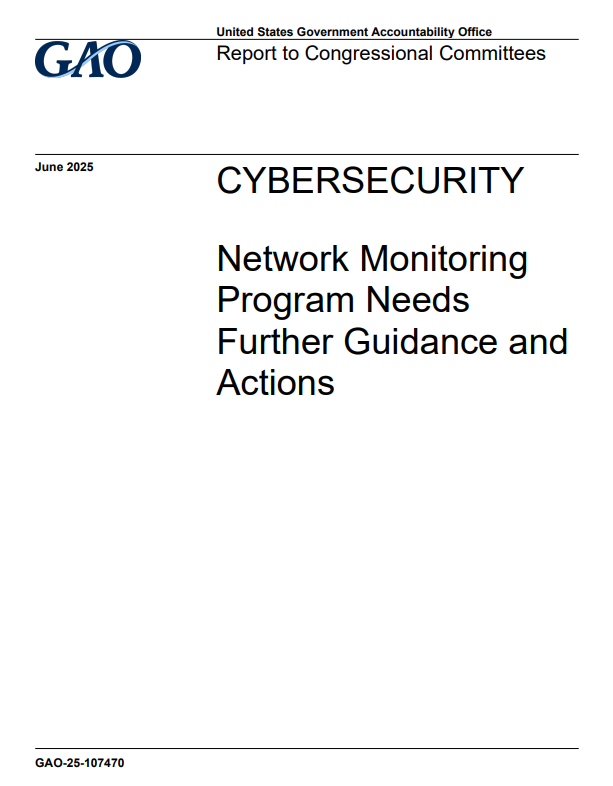By Mahesh Nalla and Graeme Newman
When the first edition of A Primer in Private Security was published, its principal purpose was to demonstrate that private policing was not a mere auxiliary to public law enforcement but a robust and rapidly growing institution with its own organizational forms, priorities, and traditions. At that time, the Hallcrest Report had just confirmed that private security personnel outnumbered public police officers in the United States, a landmark finding that set the tone for debates about the privatization of policing .
Nearly four decades later, the central argument remains as relevant as ever, but the field itself has changed dramatically. Private security is now not only a supplement to public policing but a global, technologically sophisticated industry involved in nearly every sector of modern life. While we think that the original book still remains relevant to security today, we suggest in this preface that the reader approach the content from the point of view of four major perspectives that dominate security (the word “private” seems old fashioned and less appropriate given that what is public and what is private have become incredibly and interwoven largely as a result of media, especially social media).
The four perspectives are:
1. the domestic sphere of home and family,
2. the economic sphere of business,
3. the public sphere of local and state government, and
4. the international sphere of global security and climate-related risk.
Read-Me.Org Inc. New York-Philadelphia-Australia. 2025. 183p.





